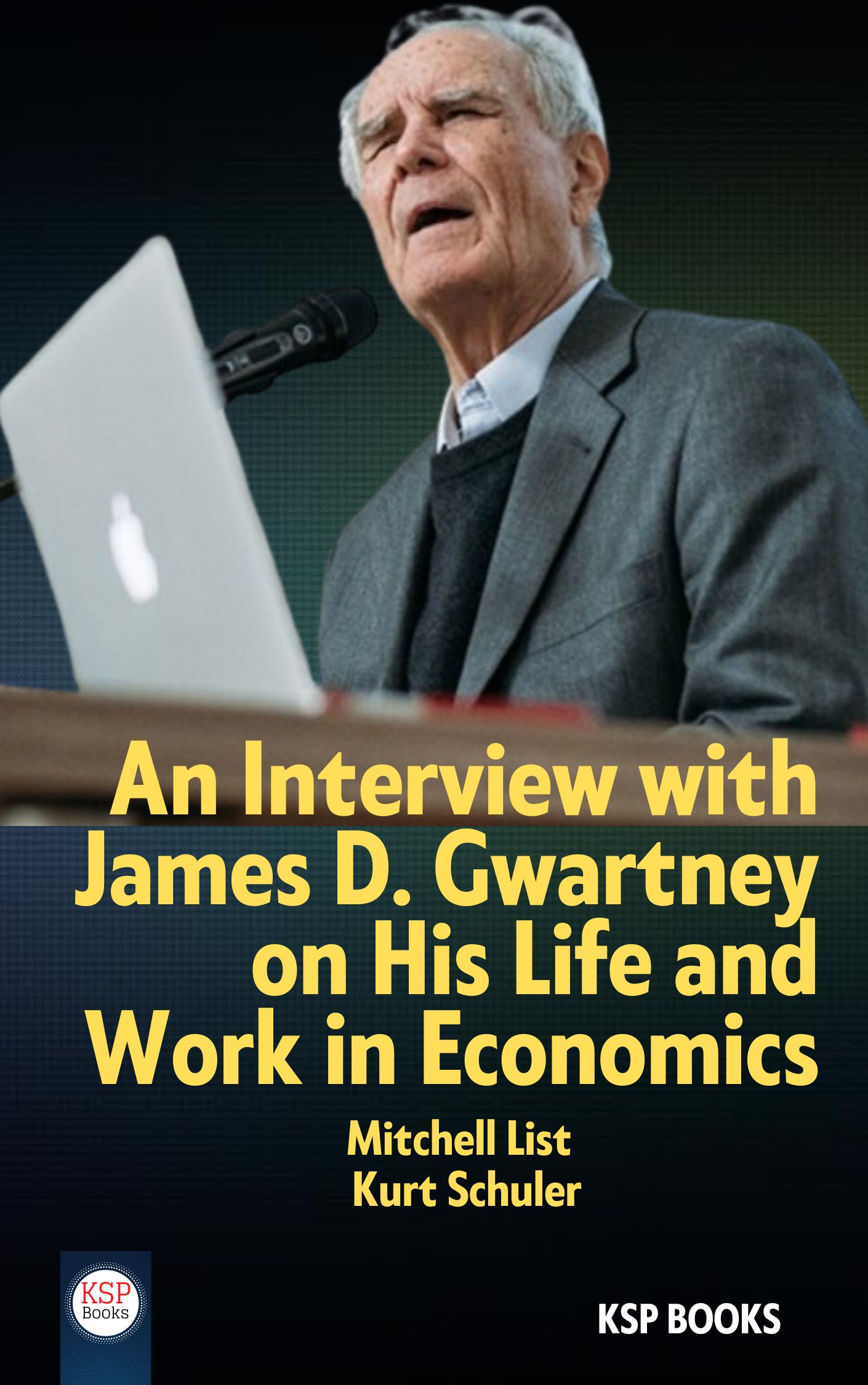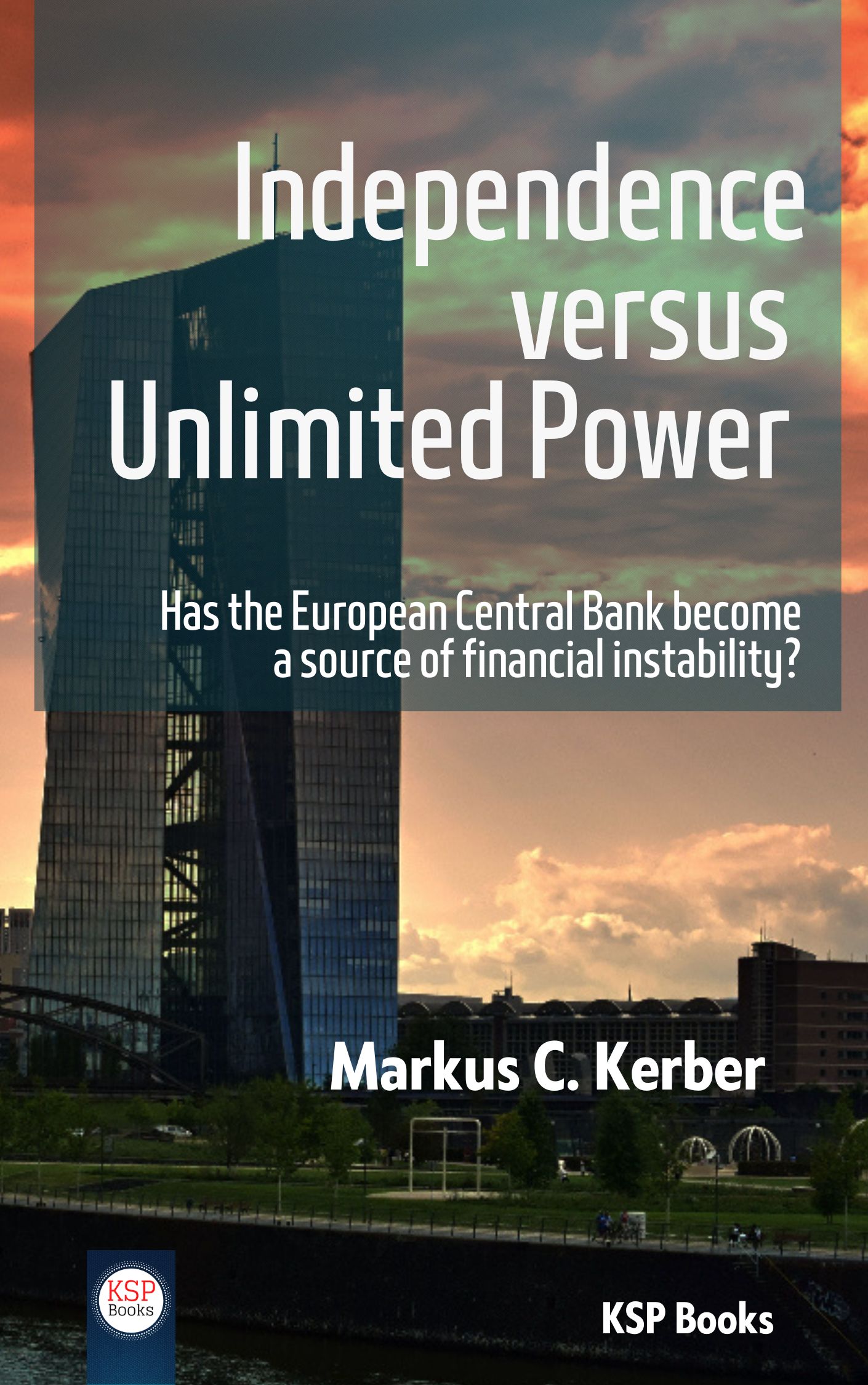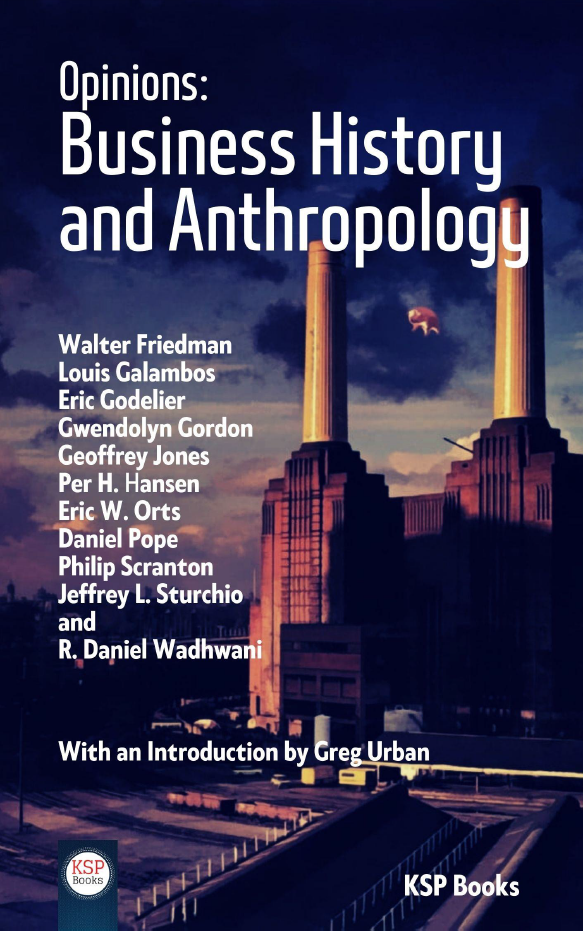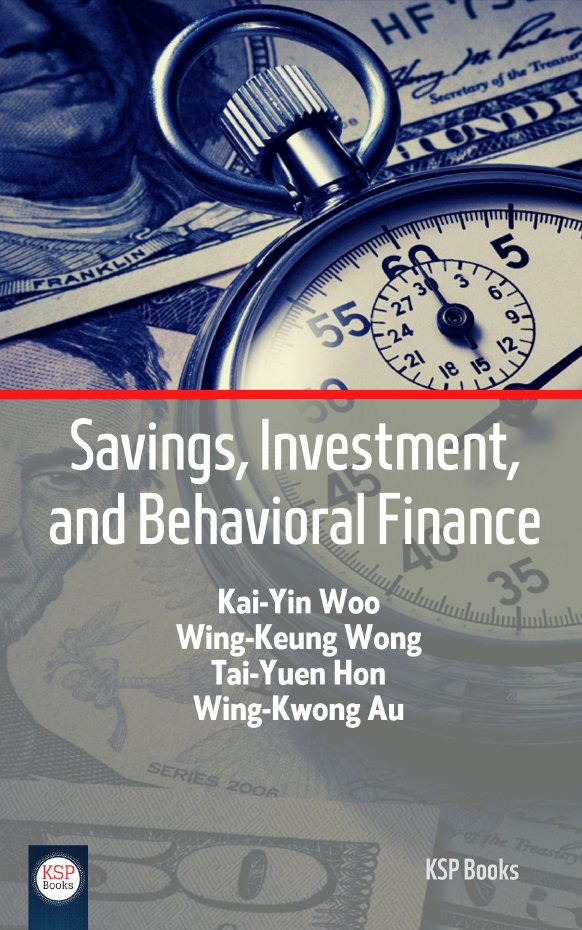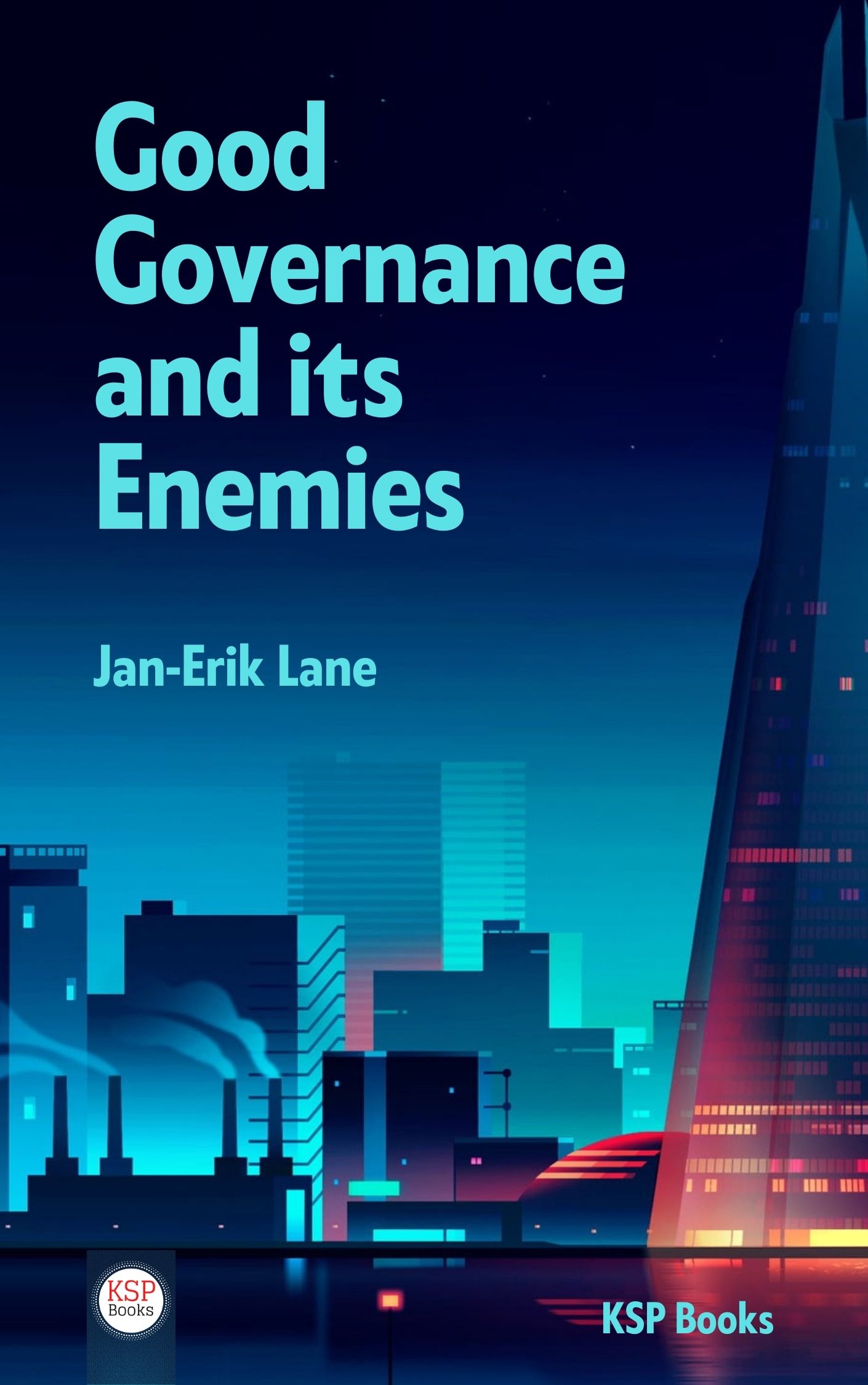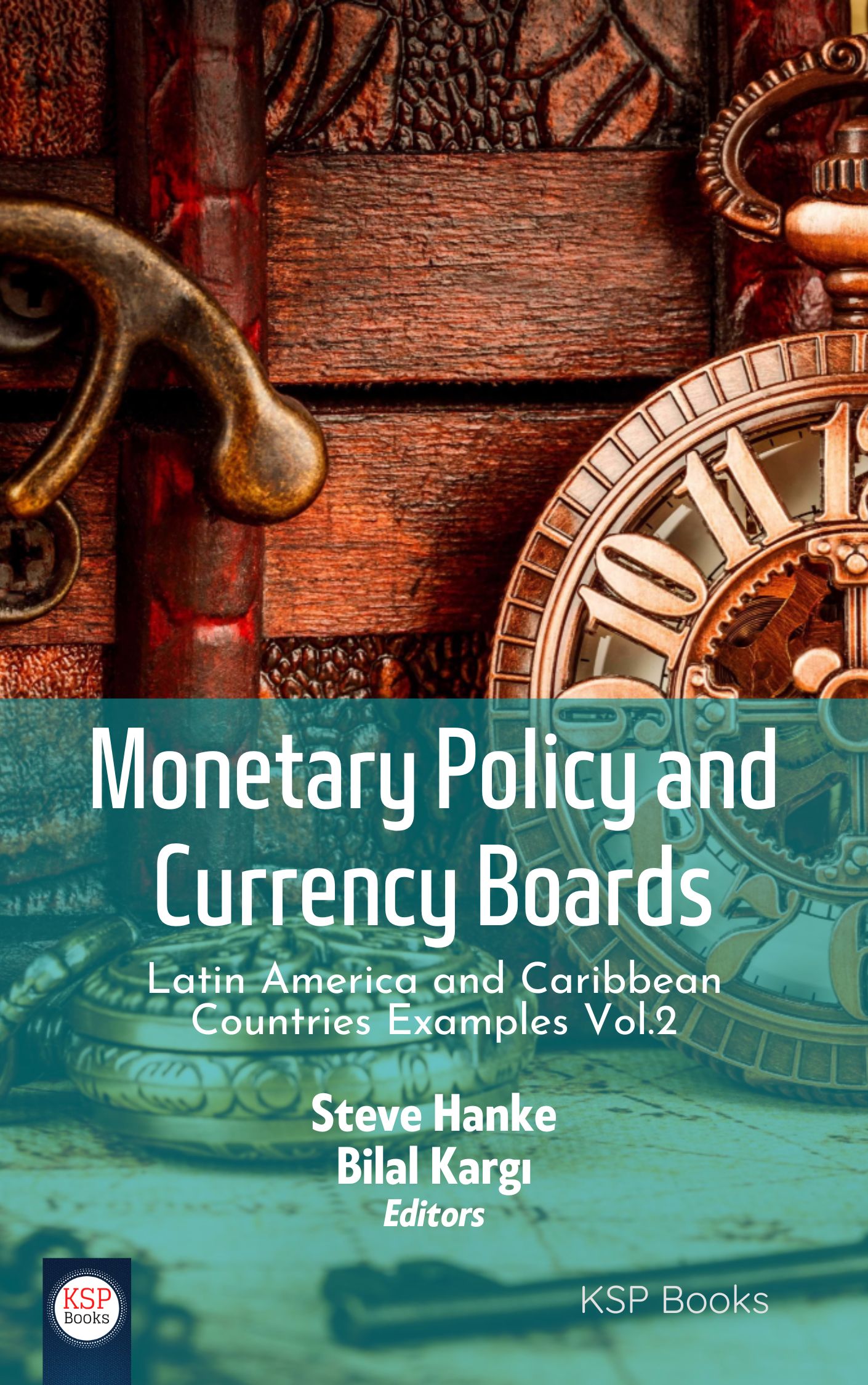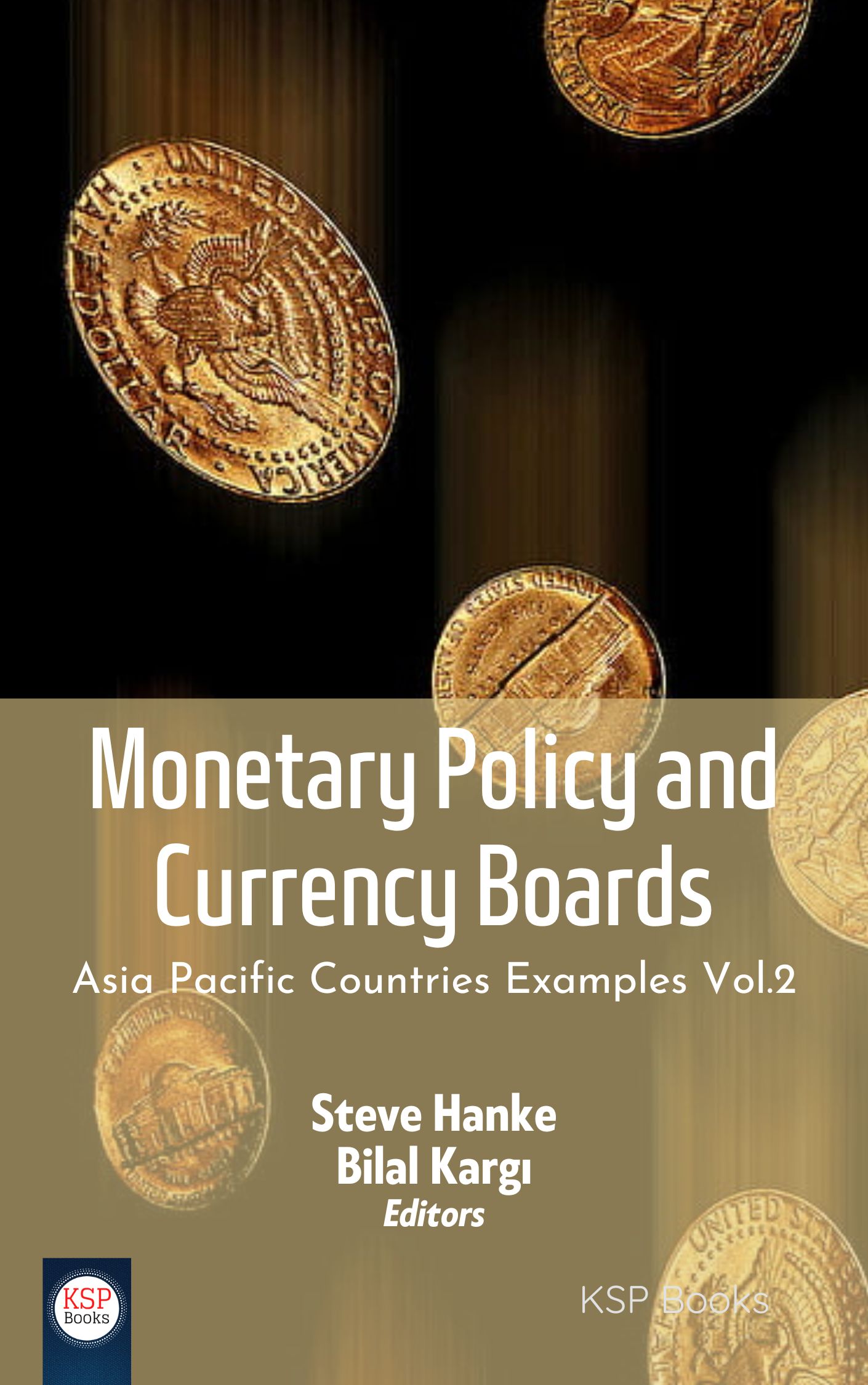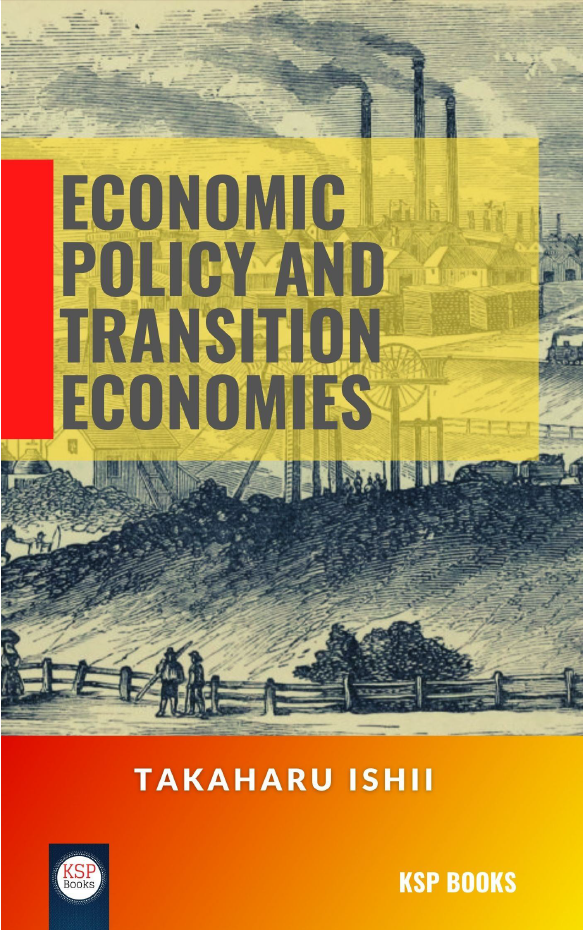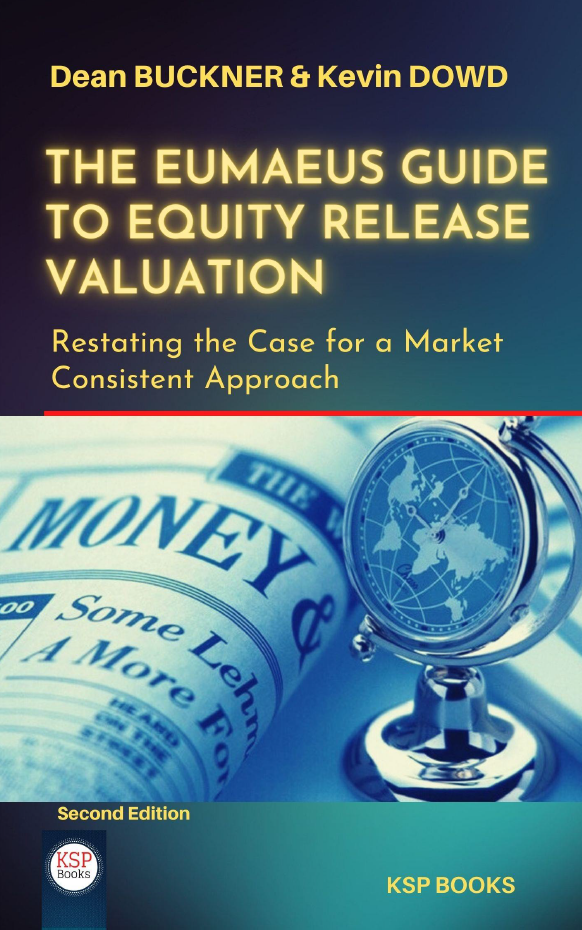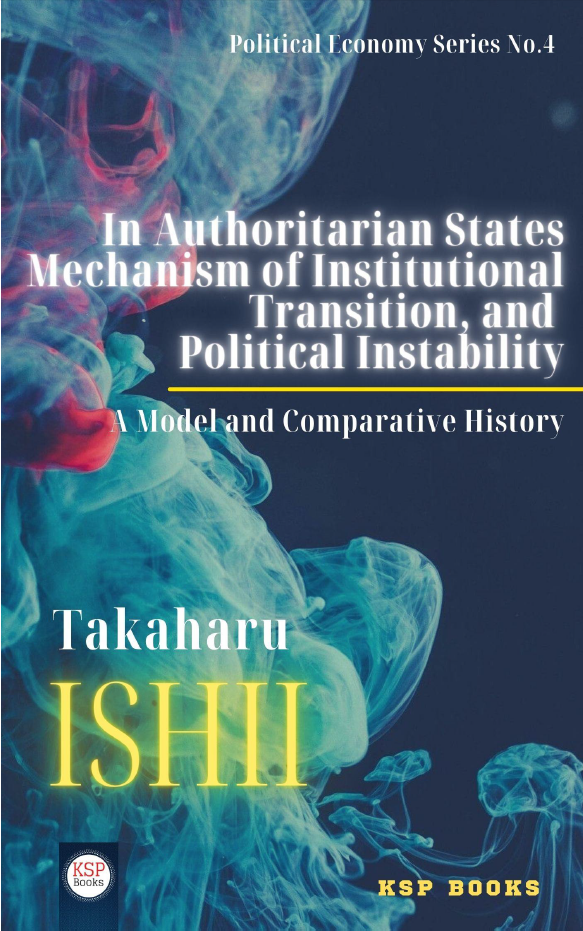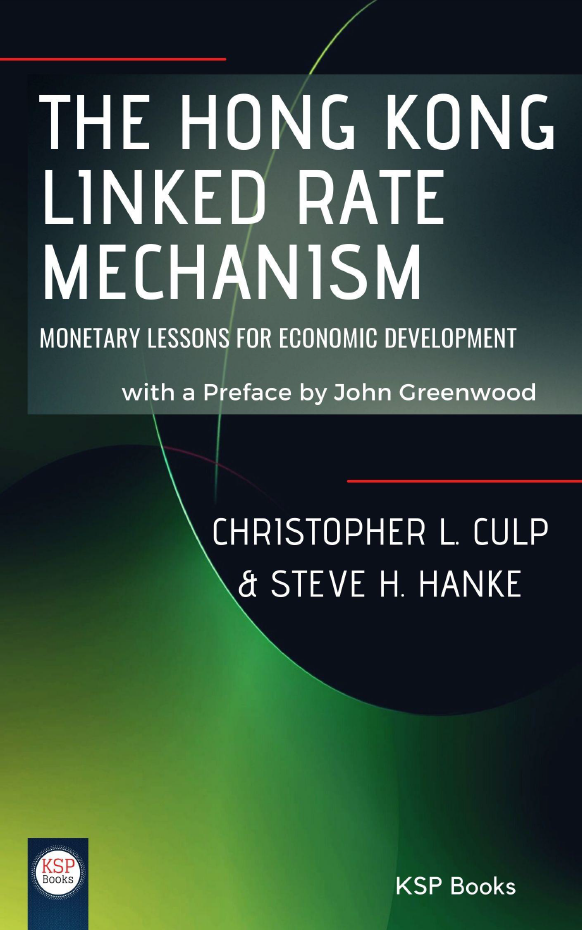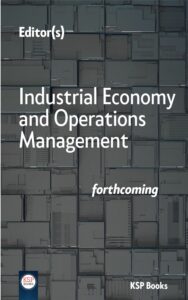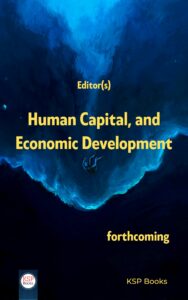By
Dean Buckner
The Eumaeus Project, UK
Kevin Dowd
Durham University, UK.
e-ISBN: 978-625-7501-83-5
Publishing Date: June 29, 2022
File Size: 4,954 MB
Length: xvi + 182 pages (PDF)
Language: English
Dimensions: 13,5 x 21,5 cm
 This Book is completely open access. You can freely read, download and share with everyone.
This Book is completely open access. You can freely read, download and share with everyone. 
As the UK economy enters the COVID-19 downturn, the Bank of England (BoE) continues to maintain that the UK banks are strongly capitalised. Yet there is considerable evidence that they are anything but.
The core metrics of the Big Five UK banks have deteriorated sharply since the New Year, and even more since the end of 2006, i.e., the eve of the Global Financial Crisis. Their market capitalisation is now £140.6 billion, down 61% since December 2006; their average price-to-book ratio is 39.2%, down from 255% at end 2006; their average capital ratio, defined as market capitalisation divided by total assets, is 2.3%, down from 11.2% at the end of 2006; their corresponding leverage levels are 43.3, up from 8.9 (end 2006). By these metrics, UK banks have much lower capital ratios and their leverage is nearly 5 times what it was going into the previous crisis.
These metrics indicate a sickly banking system. If the banks were in good financial shape, their PtB ratios would be well above 100% and their capital ratios well above current levels. Traditional rules of thumb also suggest that leverage levels should be no greater than 10 or 15 to be considered safe.
In addition, UK banks have hidden problems relating to their off-balance-sheet positions, their gameable ‘Fair Value’ Level 3 (or ‘mark to model’) and loan book valuations, and their problematic implementation of IFRS 9, all of which have further adverse consequences for their capital adequacy.
The BoE’s ‘Great Capital Rebuild’ narrative about a strongly recapitalised UK banking system is little more than an elaborate, and occasionally shambolic, window dressing exercise. The BoE focused most of its efforts on making the banking system appear strong by boosting banks’ regulatory capital ratios instead of ensuring that the banking system became strong through a sufficiently large increase in actual capital meaningfully measured. The result is that the UK banking system enters the downturn in a worryingly fragile state and avoidably so.
Preface
1 The Big (Divs) Freeze
2 Outline of Argument
3 Bank Share Prices and Market Cap
4 Price-to-Book Ratio
5 Capital Ratios and Leverage
6 HSBC and Hong Kong
7 Off Balance Sheet and Other Hidden Problems
8 The Uselessness of Existing Capital Regulation
9 The BoE Position: UK Banks are Strongly Capitalised
10 The Bank’s Track Record: The Global Financial Crisis Revisited
11 The Political Economy of Bank Capital
12 Conclusions
References
Dean Buckner
The Eumaeus Project, UK
Dr. Dean Buckner worked at the FSA and then the Prudential Regulation Authority and Bank of England for nearly 20 years, specialising in derivative and asset valuation and capital modelling in both the banking and life insurance sector. He is now retired from the Bank.
Kevin Dowd
Durham University, UK
Dr. Kevin Dowd is professor of finance and economics at Durham University.
Related EconPedia Items



